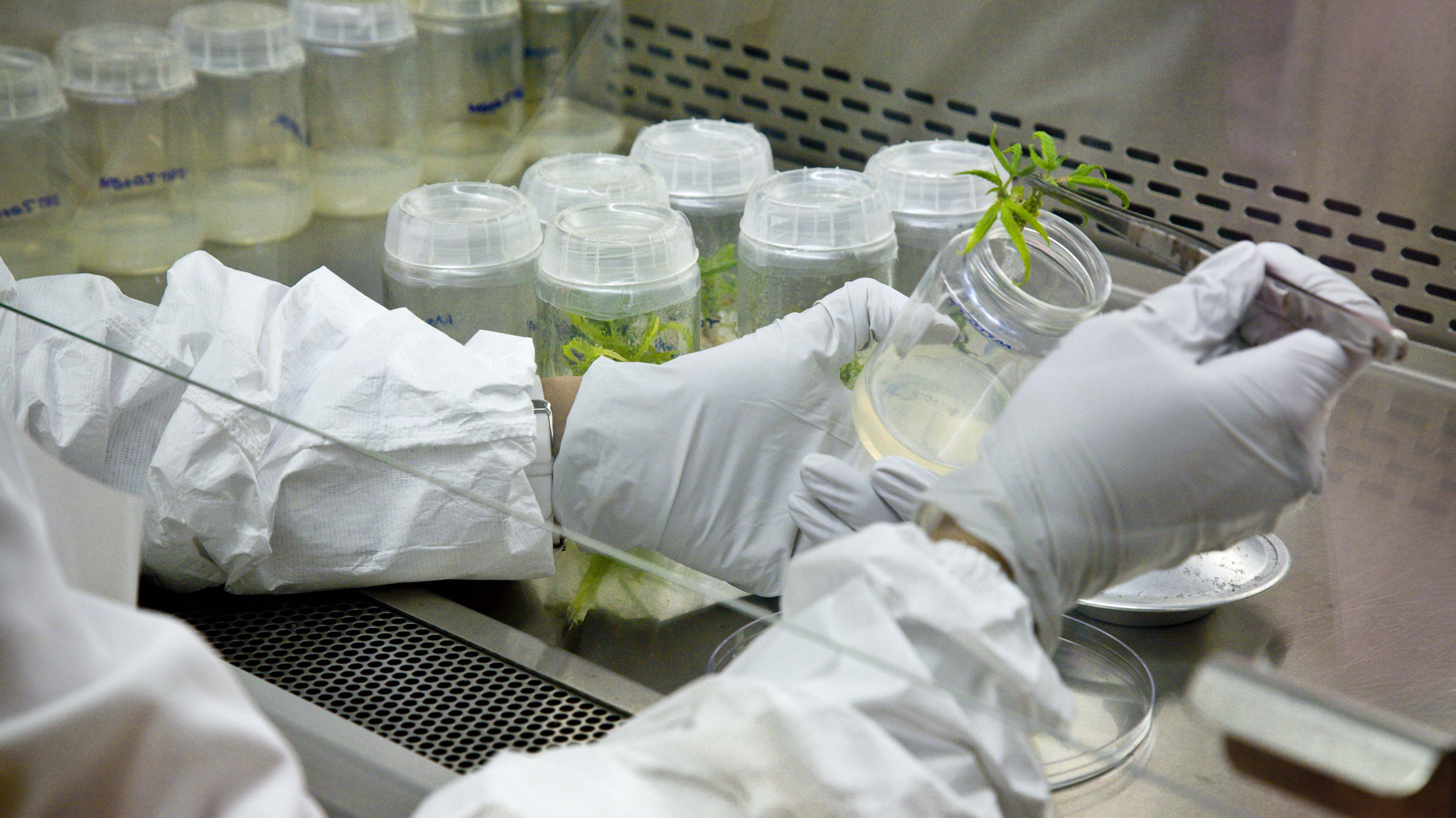
Emerald Bioscience, Inc, focused on the development of cannabinoid-based therapeutics to address global medical indications, especially those of unmet medical need, announced that its proprietary analog of cannabidiol, CBD-valine-hemisuccinate (CBDVHS) has been issued a notice of allowance by the United States Patent and Trademark Office. EMBI licensed CBDVHS from its discovery and research partner, the University of Mississippi. Included in the notification are claims related to composition of matter and methods of use, as well as other molecular configurations of this CBD derivative.
This molecule has been issued patents from South Africa, Australia, and New Zealand and the company is awaiting patent decisions from other major pharmaceutical markets such as the European Union and Japan. Emerald’s goal is to achieve a global patent footprint for this drug, as was achieved for its prodrug of THC, THC-valine-hemisuccinate.
[huge_it_slider id=”15″]CBDVHS is a molecule in-licensed by EMBI from the University as part of an “all-fields” licensing agreement executed in 2019, permitting the development of the drug for any indication, using any formulation or route of administration, for both human and veterinary uses. Additionally, the molecule has been determined by the Drug Enforcement Agency (DEA) not to be a controlled substance, which the company anticipates will allow it to eventually conduct clinical studies in more diverse populations, and perhaps expand potential uses through cosmetic preparations or as a beverage additive.
This news is the culmination of years of development work to design cannabinoid derivatives at the University and Eli Labs. The overall development goal has been to design molecules with three main characteristics: enhanced absorption, optimized bioavailability, and more predictive pharmacokinetics.
“Studies conducted under the auspices of the University observed superior permeation of CBDVHS into both anterior and posterior compartments of the eye when formulated as an ocular nanoemulsion versus CBD. They also identified a potent analgesic effect, rivaling that of morphine, in a murine model of chemotherapy-related neuropathy, a painful condition associated with certain types of cancer therapy,” commented Brian Murphy, MD, CEO of EMBI. “In addition, ocular experiments performed in an ex vivo human tissue model by Glauconix revealed CBDVHS displayed one-hundred-times the potency of CBD in lowering biomarkers associated with inflammation and fibrosis. Our data portfolio provides the validation and springboard to further explore the drug’s utility, both in and outside the eye.”
Key Facts
| News Category |
Other Product News
Intellectual Property
Product Development |
| Company |
University of Mississippi
Emerald Bioscience Inc |
| Country |
North America > United States of America |

